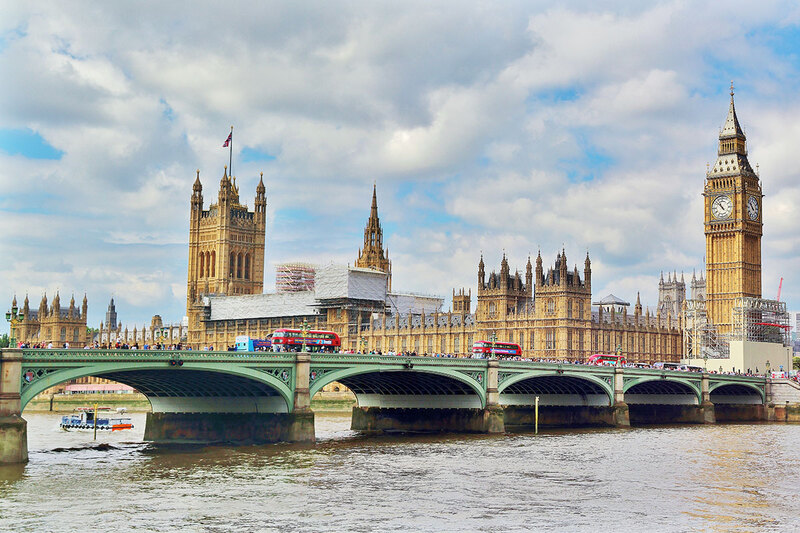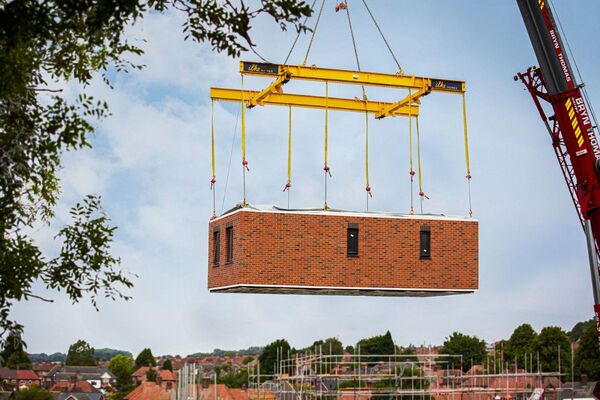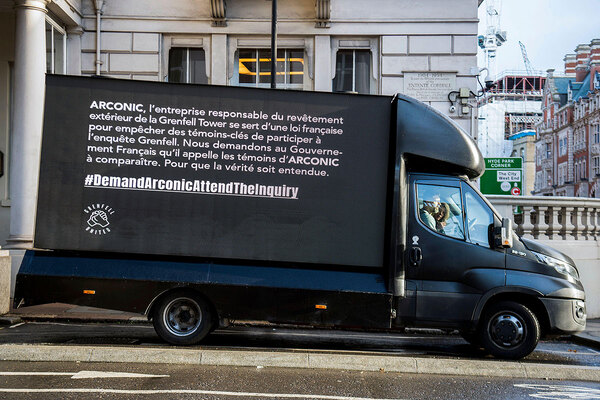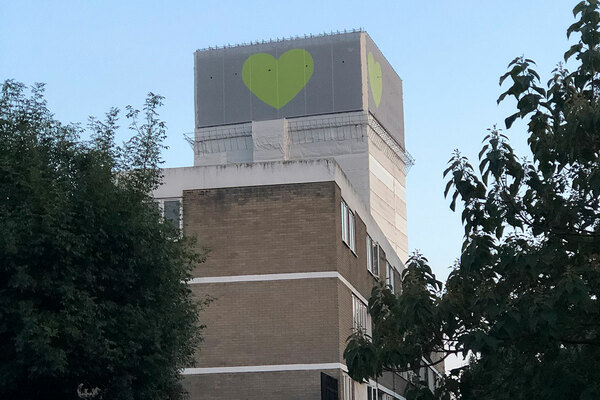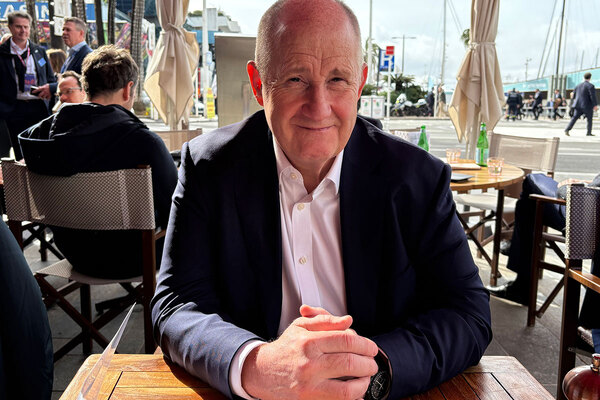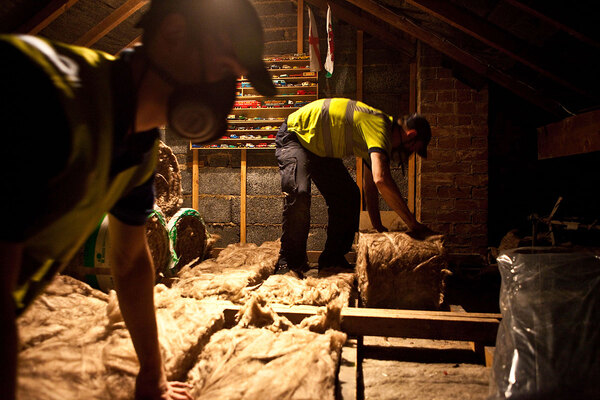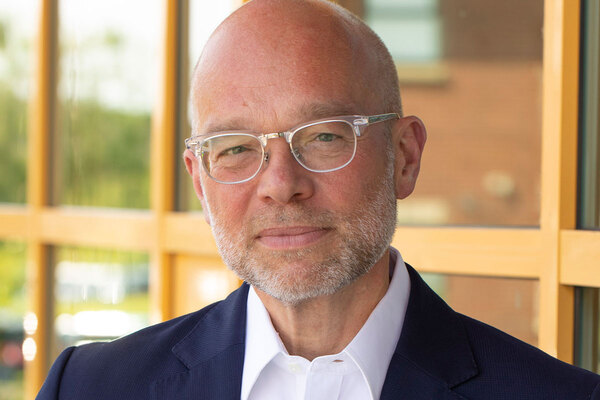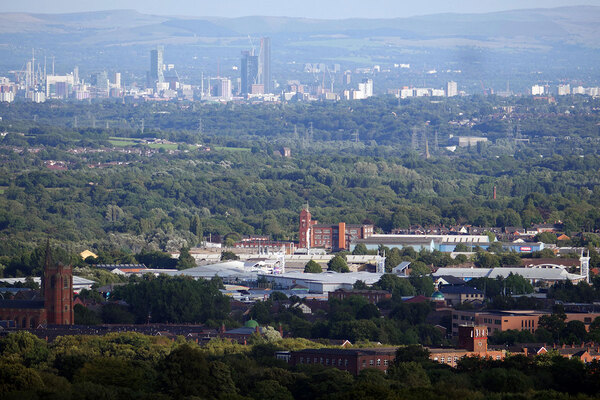Lords call for BRE to stop certifying MMC after criticism in Grenfell Tower Inquiry report
Members of the House of Lords have called for the Building Research Establishment (BRE) to be stripped of its responsibility for certifying modern methods of construction (MMC).
The calls came in a debate in the House of Lords just a day after the BRE came under criticism in the Grenfell Inquiry’s final report, published on 4 September.
Former Labour minister Lord Rooker said: “Given the Grenfell report, the BRE should no longer be involved in certifying modern methods of offsite construction techniques or products. Such work should be seen to be fully independent and professional.”
The report explained that the BRE was a testing house for product manufacturers and an advisor to the government on building science.
Its facilities were used for key tests by Kingspan and Celotex, and the report found serious shortcomings in its actions relating to them.
The report found that despite his denials, burn hall manager Philip Clark must have known that Celotex had placed fire-resisting boards on the rig and may even have destroyed evidence that would have proven this.
Discussing Mr Clark’s conduct, the report said he “did not know where to draw the line and crossed it on various occasions”. It blamed the BRE’s more senior management for allowing the organisation to “become much closer to its clients” and having “no independent supervision to make sure conflicts of interest were properly managed”.
“Scientific rigour and independence were sacrificed in favour of financial sustainability,” it said.
“Much of the work carried out by the BRE was marred by unprofessional conduct, inadequate practices, a lack of effective oversight, poor reporting and a lack of scientific rigour,” it said.
The report also criticised the BRE’s advice to the government. It singled out a project where it studied the impact of real-world fires, but agreed not to make any recommendations for policy change as a result.
“In our assessment, the operation of the project epitomised what had gone wrong in the BRE’s relationship with the government,” the report said. “What was needed was proper independent advice, which the department did not want to receive.”
Quoting from the report during the debate, cross-bench peer Baroness Wheatcroft seconded Lord Rooker’s call for the BRE to be replaced.
She said: “The biggest problem will be public confidence in modern methods of building, which will be at an all-time low after the publication of the latest Grenfell Inquiry report.
“Who is going to feel comfortable being asked to buy, or live in, a property that has been overseen by such an organisation? Can the minister assure us today that the Building Research Establishment will no longer have a role in establishing what materials are safe and what properties are okay for people to live in?”
Baroness Taylor of Stevenage, the housing communities and local government minister in the Lords, acknowledged the concerns raised and promised to write to the peers about the BRE’s future.
She said: “I recognise the concerns there will be following the Grenfell report. Many noble Lords referred to this issue. The government take very seriously their responsibilities for ensuring that homes are safe for people.
“Building regulations – and this is really important – apply equally to homes built using MMC as to those built using traditional methods. Buildings must meet the safety and performance requirements in the building regulations, no matter how they are constructed or what materials are used.”
“MMC developers and manufacturers are responsible for ensuring compliance with the regulations for any construction project, including ensuring that new techniques are used correctly.”
A spokesperson for the BRE said: “BRE has been privately owned for nearly 30 years and has made a significant contribution to expertise in the built environment throughout that period. BRE is owned by a charitable trust.
“As a scientific, UKAS accredited, organisation built on independence and impartiality, we are constantly reviewing our procedures to ensure we adhere to industry standards and keep up to date with the many external factors that could impact our work.
“Our mission has always been – and will continue to be – to develop science-led solutions to built environment challenges, and we continue to take an extremely robust approach when it comes to our role as a tester and certifier of building products.
“We will work with government to ensure BRE continues to contribute its standards and expertise to safety in the built environment.”
The inquiry report into the fire also concluded that “systematic dishonesty” by product manufacturers was a “very significant reason” Grenfell Tower was clad in such dangerous materials.
The damning conclusions come amid a 1,571-page report spread over seven volumes, which attacked the government’s failure to prevent the fire despite it being “well aware” of the risks, and accused the social landlords managing the tower of “serious failure to observe basic responsibilities”.
Sign up for our fire safety newsletter
Already have an account? Click here to manage your newsletters
